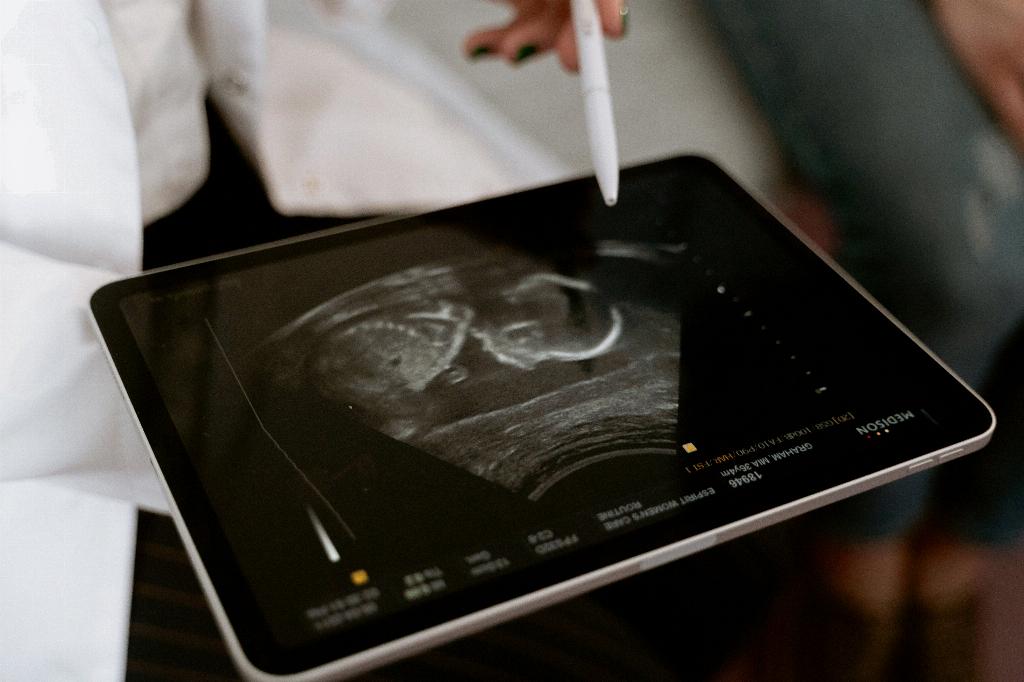When considering the question, “Can you still get pregnant if you’re on birth control?” it is important to delve into the realm of contraceptives and their effectiveness. The contraceptive pill, commonly referred to as the birth control pill, is a popular method used by many women to prevent pregnancy. However, despite its high efficacy when used correctly, there is still a chance of getting pregnant while on birth control.
Effectiveness of the Contraceptive Pill
The combined pill is known to be highly effective in preventing pregnancy when taken consistently and correctly. The key factor in its efficacy lies in adherence to the prescribed schedule. When used perfectly, the combined pill has a success rate of less than 1%, meaning that fewer than 1 in 100 women will conceive within a year of usage.
Factors Affecting Contraceptive Efficiency
Despite the high efficacy rates of the combined pill, various factors can influence its effectiveness. Missing pills, taking medications that interfere with the pill’s absorption, or experiencing gastrointestinal issues that prevent proper absorption of the pill can all reduce its efficacy, leading to an increased risk of pregnancy.
Risks of Pregnancy While on Birth Control
It is essential for individuals utilizing birth control methods to be aware of the risks associated with contraceptive failure. While the chances of pregnancy are significantly reduced when using the combined pill correctly, there is always a possibility of conception, particularly in cases where the pill’s effectiveness is compromised.
Types of Birth Control Methods
Aside from the contraceptive pill, there are various other birth control methods available to individuals seeking to prevent pregnancy. These methods include intrauterine devices (IUDs), condoms, contraceptive injections, and hormonal implants, each with its own efficacy rates and considerations.
Consulting a Healthcare Provider
For those concerned about the possibility of getting pregnant while on birth control, consulting a healthcare provider is crucial. Healthcare professionals can offer guidance on proper contraceptive use, address concerns regarding efficacy, and provide alternative contraceptive options if needed.
Effectiveness of Alternative Contraceptive Methods
While the combined pill is a prevalent choice for many individuals, alternative contraceptive methods may offer different levels of effectiveness. For example, contraceptive implants and IUDs are known to be highly efficient in preventing pregnancy and may be suitable options for those seeking longer-term contraception.
Importance of Regular Check-Ups
Regular check-ups with a healthcare provider are essential for individuals utilizing birth control methods. These visits allow for the monitoring of contraceptive efficacy, adjustment of contraceptive plans if necessary, and addressing any concerns or questions regarding birth control and pregnancy prevention.
Understanding Contraceptive Failure Rates
It is crucial to acknowledge that no contraceptive method is 100% effective. Despite the high success rates of certain birth control methods, there is always a small margin of error that can result in unintended pregnancy. Being informed about contraceptive failure rates can help individuals make informed decisions regarding their reproductive health.
Managing Risk Factors for Contraceptive Failure
To minimize the risk of pregnancy while on birth control, individuals can take proactive steps to enhance contraceptive efficacy. These steps may include ensuring strict adherence to prescribed dosage schedules, using additional barrier methods of contraception, and avoiding factors that may impact the absorption of contraceptive medications.
Considering Personal Health Factors
Personal health factors can also influence the effectiveness of birth control methods. Individuals with certain medical conditions or lifestyle habits, such as smoking or obesity, may experience altered efficacy of contraceptives. It is important to discuss these factors with a healthcare provider when considering birth control options.
Final Thoughts on Birth Control and Pregnancy
While birth control methods are highly effective in preventing pregnancy when used correctly, there is always a slight element of uncertainty. Understanding the factors that can impact contraceptive efficacy and being proactive in managing these risks are essential aspects of ensuring effective pregnancy prevention while on birth control.

